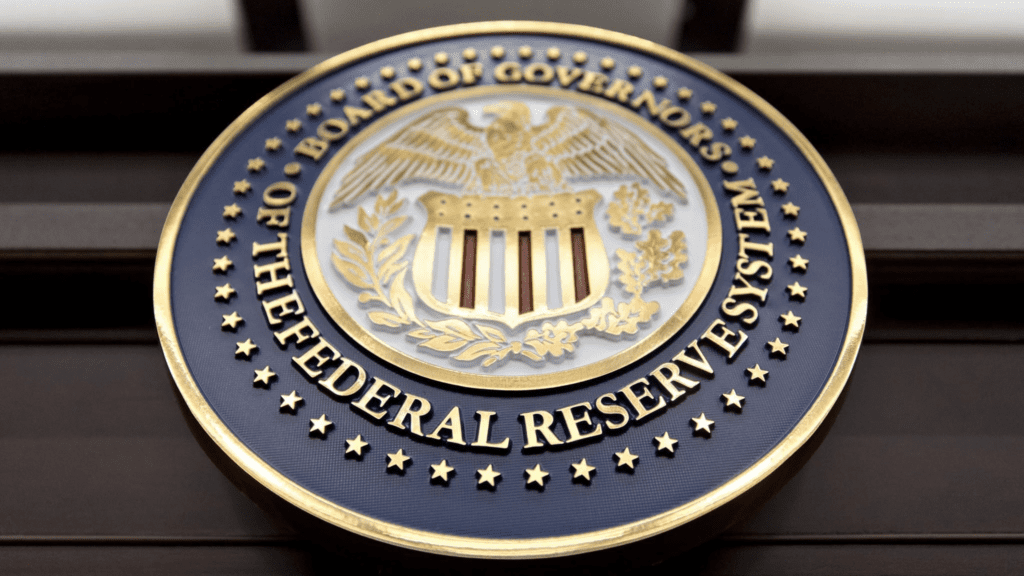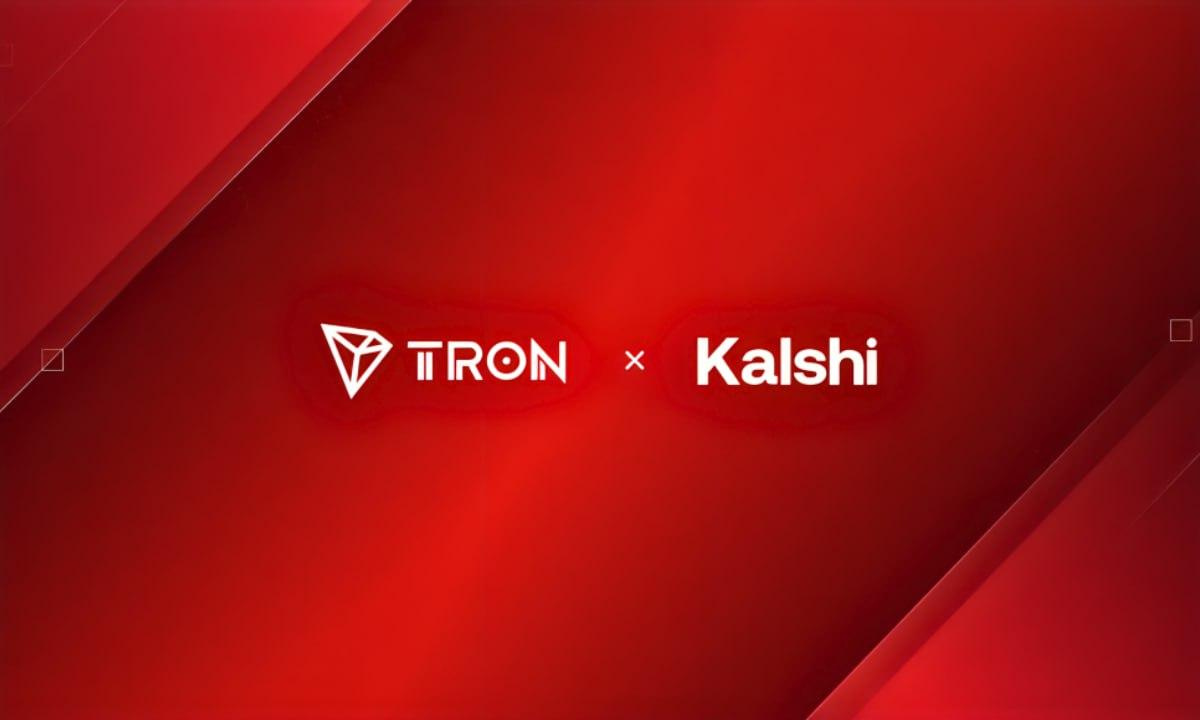Key Points:
- Fed Governor Michelle Bowman voiced pessimism about the potential of a digital US currency in her address on Tuesday.
- Bowman outlined numerous potential dangers of a CBDC centered on retail.
- She also said that FedNow would meet the need for speedier payments, which has been mentioned as one of the advantages of a CBDC.
Bloomberg reported that Fed Governor Michelle Bowman said at a Georgetown University event that creating a digital dollar for everyday usage by People may do more damage than benefit.

According to Bowman, the direct usage of a central bank digital currency (CBDC) outside of interbank and wholesale transactions is difficult to explain.
Bowman identified potential hazards of a retail CBDC, such as the effect on customer privacy and the possibility for deposits in conventional banking to dry up as a result of a CBDC. These difficulties must be addressed if the Fed chooses to continue with a retail CBDC, which it will not do without legislative permission.
Bowman also mentioned the possibility that a CBDC would give not just a window into, but possibly a hindrance to, the freedom Citizens have in deciding how their money and resources are utilized and spent.
Bowman addressed the majority of the common arguments in her remarks, particularly the opportunities that a CBDC could provide for those who do not have access to traditional banking activities and the importance of catching up to the Fed’s global counterparts who have already implemented digital currencies. The People’s Bank of China, for example, has its own product.

She said that FedNow, which the Federal Reserve plans to introduce later this year, would enable U.S. banks to deliver real-time payment services to clients, therefore addressing people’s need for quick payments such as CBDC.
She also said that “wholesale” CBDCs may offer some promise in terms of settling some financial market operations, such as interbank transfers and processing foreign payments, which are presently sluggish and resource-intensive.
“Participants in the wholesale financial markets have been considering innovative ways to address these frictions with newer technologies such as distributed ledger technology in which shared information across counterparties could be leveraged to increase speed and reduce back-office costs to reconcile transactions before they settle,” Bowman said.
Although the FedNow launch is on track, central bankers have been reticent to embrace a CBDC. There are presently no official plans to implement a state-sponsored digital currency in the United States.
Over the last several years, Fed officials have been debating whether to join a small group of other central banks in launching their own cryptocurrency. A 2022 research highlighted the numerous benefits and downsides but did not take a position.
DISCLAIMER: The Information on this website is provided as general market commentary and does not constitute investment advice. We encourage you to do your own research before investing.
Join us to keep track of news: https://linktr.ee/coincu
Harold
Coincu News






















